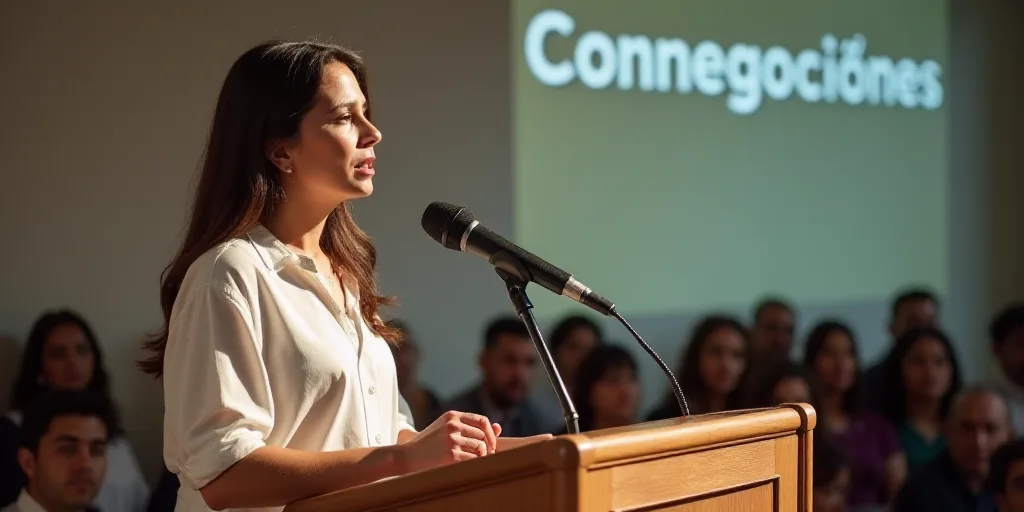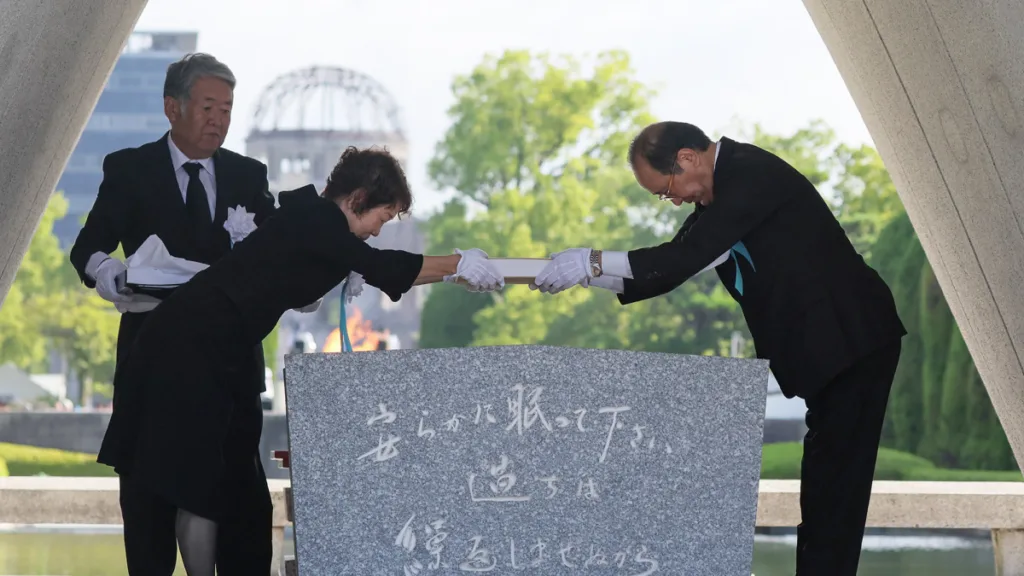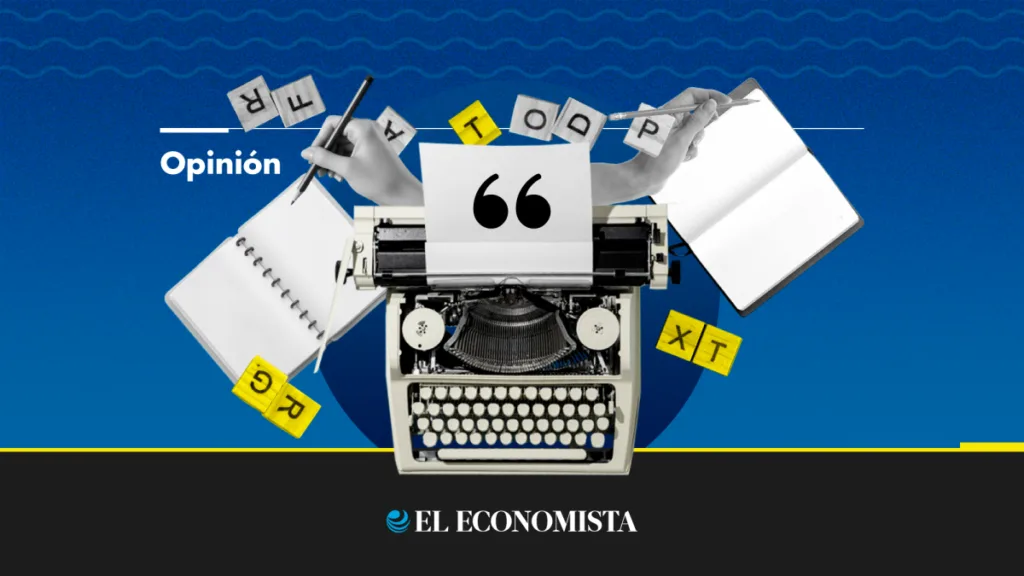Reducing Dependence on Imports through Local Partnerships
The Government of Mexico City launched the Program for Women’s Economic Autonomy, aimed at closing the gender gap and promoting financial independence among women. The initiative was unveiled during the inauguration of the first Nenis Digital Entrepreneurs Festival at the Yancuic Museum in Iztapalapa.
The Rise of ‘Nenis’ During the Pandemic
The term ‘neni’ has gained popularity among women who turned to online sales during the pandemic. This business model offers flexibility for those unable to work full-time, is profitable, and fosters independence and development.
“I started selling through Facebook groups; I delivered at Metro Chabacano, under the clock. Now, I have a textile workshop in downtown Mexico City, export on Amazon, sell on Mercado Libre, and supply Walmart,” shared entrepreneur Fernanda Palma.
Promoting Local Manufacturers
To reduce reliance on imported goods from platforms like Shein or Temu, the government will collaborate with Mexican manufacturers to become wholesalers. This initiative aligns with the Secretary of Economy’s ‘Hecho en México’ (Made in Mexico) campaign.
“We’ll create bridges for purchasing national products from local companies at preferential prices; it’s challenging to order 500 units from a factory, but we already work with thousands of manufacturers to simplify these connections,” explained Manola Zabalza, head of the Sedeco.
Access to Financial Services
The program also aims to enhance access to tailored financial solutions for entrepreneurs. Collaborations with companies like Finsus and Aida will provide tools for WhatsApp sales, while Tala offers microcredit options.
Formalization of ‘Nenis’ Businesses
A key aspect of this economic policy is formalizing ‘neni’ businesses. This involves registration support through the Mexican Institute of Industrial Property (IMPI), training from Nacional Financiera, and financial assistance for business expansion.
“We know many of you are ready to scale up; we’re providing mentorship to help generate more jobs for women. For every man hired, two women are employed in these businesses,” stated Clara Brugada, the city’s head of government.
Festival Impact
Over 2,000 entrepreneurs attended the event, fostering connections between small and large businesswomen. The goal is to host annual ‘Nenis’ festivals across different boroughs.
In Mexico City, approximately 80,000 women run online businesses, behind only Jalisco and the State of Mexico, with an age range of 20-54. These enterprises are estimated to generate annual income of 520 million pesos.
“No woman can be truly free without economic autonomy,” concluded Brugada.



